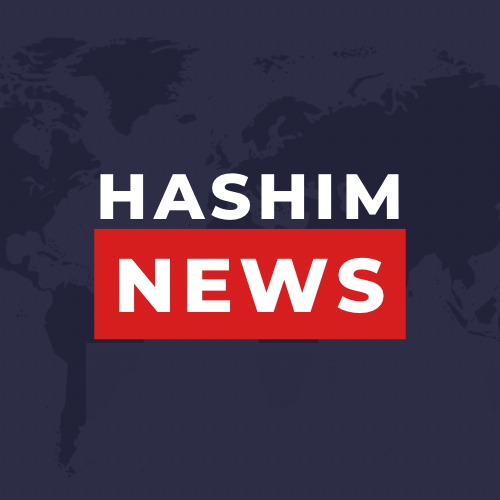Alan Kyerematen’s newly launched United Party has articulated a centrist political philosophy that seeks to transcend Ghana’s traditional ideological divisions, positioning itself as an alternative to what party leaders characterise as the rigid left-right alignment of the National Democratic Congress and the New Patriotic Party.
The framing represents an attempt to appeal to voters frustrated with decades of two-party dominance and seeking pragmatic governance focused on results rather than ideology.
Alhaji Abubakar Saddique Boniface, a former NPP legislator and interim chairman of the United Party, described the movement as a “broad-based centrist” formation that draws inspiration from both socialist and capitalist principles without committing exclusively to either extreme.
In articulating the party’s approach, Boniface explained the philosophy underlying the United Party’s positioning in Ghana’s political landscape.
According to Boniface, the United Party represents a fundamental departure from how the NDC and NPP have historically governed.
He characterised the NDC as “center-left” and the NPP as “center-right,” while positioning the UP as occupying genuinely neutral ground that remains “open to every good policy, no matter its origin.”
This framing suggests a pragmatic rather than ideological approach to governance.
The United Party received its provisional certification from the Electoral Commission on October 3, 2025, and was officially unveiled on October 16 at the Coconut Groove Hotel in Accra.
Kyerematen declared that the party emerged from a national desire to end winner-takes-all politics and replace it with inclusive, transparent, and accountable governance, adopting the slogan “a new dawn that will end the duopoly, eliminate rancour and acrimony, and create prosperity for all.”
The centrist positioning carries strategic significance. Kyerematen has argued that Ghanaians naturally gravitate toward consensus and balance rather than political extremes, characteristics he claims his party embodies.
This framing suggests the party believes an untapped constituency exists among voters fatigued by partisan conflict and seeking middle-ground governance.
The party’s broader vision, called Vision 2040 or the Paradise Project, seeks to make Ghana the economic powerhouse of Africa within fifteen years through transformation focused on job creation and business development.
This economic focus represents a deliberate pivot away from traditional ideological positioning toward measurable outcomes and competence-based governance.
The launch strategy appears designed to appeal to multiple constituencies simultaneously. The Interim General Secretary, Yaw Buaben Asamoa, described the United Party as offering a home for Ghana’s silent majority, particularly the millions who abstained from voting in the 2024 elections out of frustration with the traditional parties.
This framing suggests the party views disaffected voters as a primary growth opportunity.
The party maintains the monarch butterfly logo of the Movement for Change, said to symbolise transformation, resilience and endurance, whilst the party colours of yellow, black, and white signify Ghana’s natural wealth, the Black Star of Africa, and purity of purpose.
The naming strategy has drawn scrutiny. Kyerematen described the United Party as a rebirth of the original United Party founded in November 1957, when seven political groups merged to avoid being dissolved under the Avoidance of Discrimination Act introduced by President Kwame Nkrumah.
He explained that the contemporary UP draws inspiration from the same political heritage, claiming that the original party stood for “unity, freedom, and fighting dictatorship.”
Some observers have questioned whether this centrist positioning will translate into electoral success. Franklin Cudjoe, President of IMANI Africa, urged Kyerematen to anchor his political message around enterprise development and private sector advocacy, arguing that this approach could uniquely appeal to ordinary Ghanaians seeking opportunity and skills development rather than traditional political messaging.
The United Party’s emergence represents the most significant challenge to Ghana’s two-party system in recent years.
Kyerematen has emphasised the urgent need for a third party that would bridge political divides, stating that the UP seeks to unite the nation and mobilise the collective strengths of all Ghanaians irrespective of age, religion, or ethnic affiliation.
Whether the party’s centrist philosophy can overcome structural barriers to third-party success in Ghana’s electoral system remains uncertain.
The strategy depends on maintaining coherence around pragmatism and results-oriented governance whilst appealing across traditional party lines.

















0 Comments